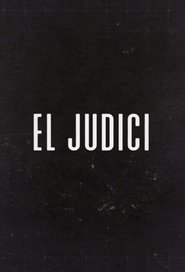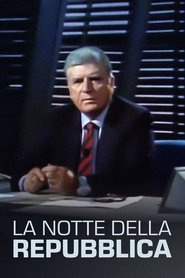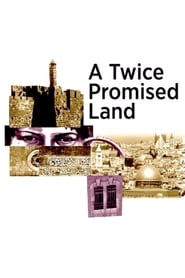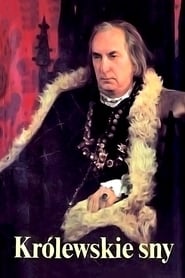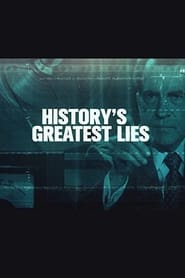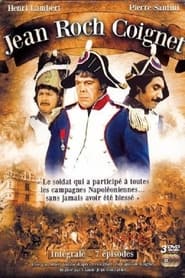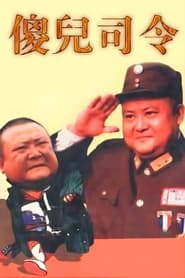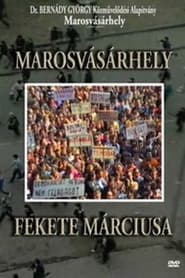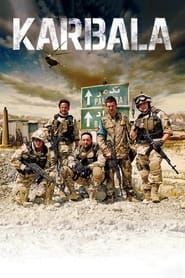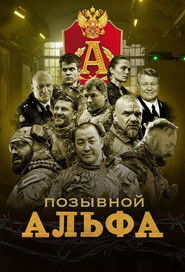War Politics TV Series - Page 97
-
El Judici
2021
-
La notte della Repubblica
1989
A TV programme presented by Sergio Zavoli, broadcast by the Italian public TV channel Rai 2, about Italy during the Years of Lead, with movies, interviews with some protagonists of the period and final discussion. -
Napoleon: The Russian Campaign
2015
star 5.7This docudrama revisits one of the most astounding military campaigns and defeats in history, Napoleon's attempted invasion of Russia. -
Israel: A Twice Promised Land
2018
star 7.8November 1947. The United Nations votes the partition plan for Palestine. For some, it is a dream becoming reality; for others, it is the beginning of a catastrophe. Seventy years after this historic vote, the land of Palestine remains an open wound, a battleground for two peoples torn apart by their shared history, a source of inextricable tension in the region and even beyond the borders of the Middle East. -
Królewskie sny
1988
-
History's Greatest Lies
0000
Often forgotten, and rarely punished, the lies of those in power always achieve their goals: THEY CHANGE THE COURSE OF HISTORY Who are the liars? Heads of state, politicians or military leaders, supported by their hierarchies. They have no qualms about lying to the radio, to television, to millions of people, end even, on oath, to the highest authorities and institutions. They use secret services, military strategy or communications agencies to make their lies more credible. The only motto is: «the bigger the lie, the more it will be believed!» In affairs of state, all and every means can be used to certify or conceal an operation. Lies are not just a matter of words, or of silence. They entail practical acts as well as technical support. Whole teams are sometimes necessary to construct believable illusions. In the service of a nation, lying just means reinventing the world. -
Jean-Roch Coignet
1969
Jean-Roch Coignet
1969
-
大理公主
2009
大理公主
2009
-
Atal
2023
Atal
2023
star 10The untold stories of a prominent leader of India and former Prime Minister Atal Bihari Vajpayee. The show is set to explore the untold aspects of his childhood. The show will deep dive into the form... -
Kateb-e-Azam
2022
Kateb-e-Azam
2022
A shepherd who is the son of a fugitive and killed scribe of the court of Mu'awiya, came to see and write about the encounter between Shimr and Umar ibn Sa'd's forces with the army of Imam Husayn on the afternoon of Ashura. -
傻儿司令
2003
傻儿司令
2003
-
Dayton
2023
Dayton
2023
star 10The story of Alija Izetbegovic's experiences during the Dayton Agreement process while the persecution and war devastate Bosnia. -
王昭君
1988
王昭君
1988
-
Black March of Târgu Mureș
2010
The series covers the events of the ethnic clashes in Târgu Mures after the fall of the communist regime. The author has arranged the written and film material collected by the Dr. Bernády György Foundation in chronological order. The archival photos showing the important events of the five days, the moments that created the revolutionary atmosphere, are complemented by the recollections of Hungarians and Romanians, and official statements. -
盾神
2014
盾神
2014
-
War Junkies
2023
-
Karbala
2023
Karbala
2023
-
Yugoslav Partisans
2024
Yugoslav Partisans
2024
Who were the Yugoslav Partisans? A docuseries about the founding and evolution of the largest armed resistance in Europe during World War II. -
War in the Sky
2014
War in the Sky
2014
-
Позывной "Альфа"
2026
Позывной "Альфа"
2026
